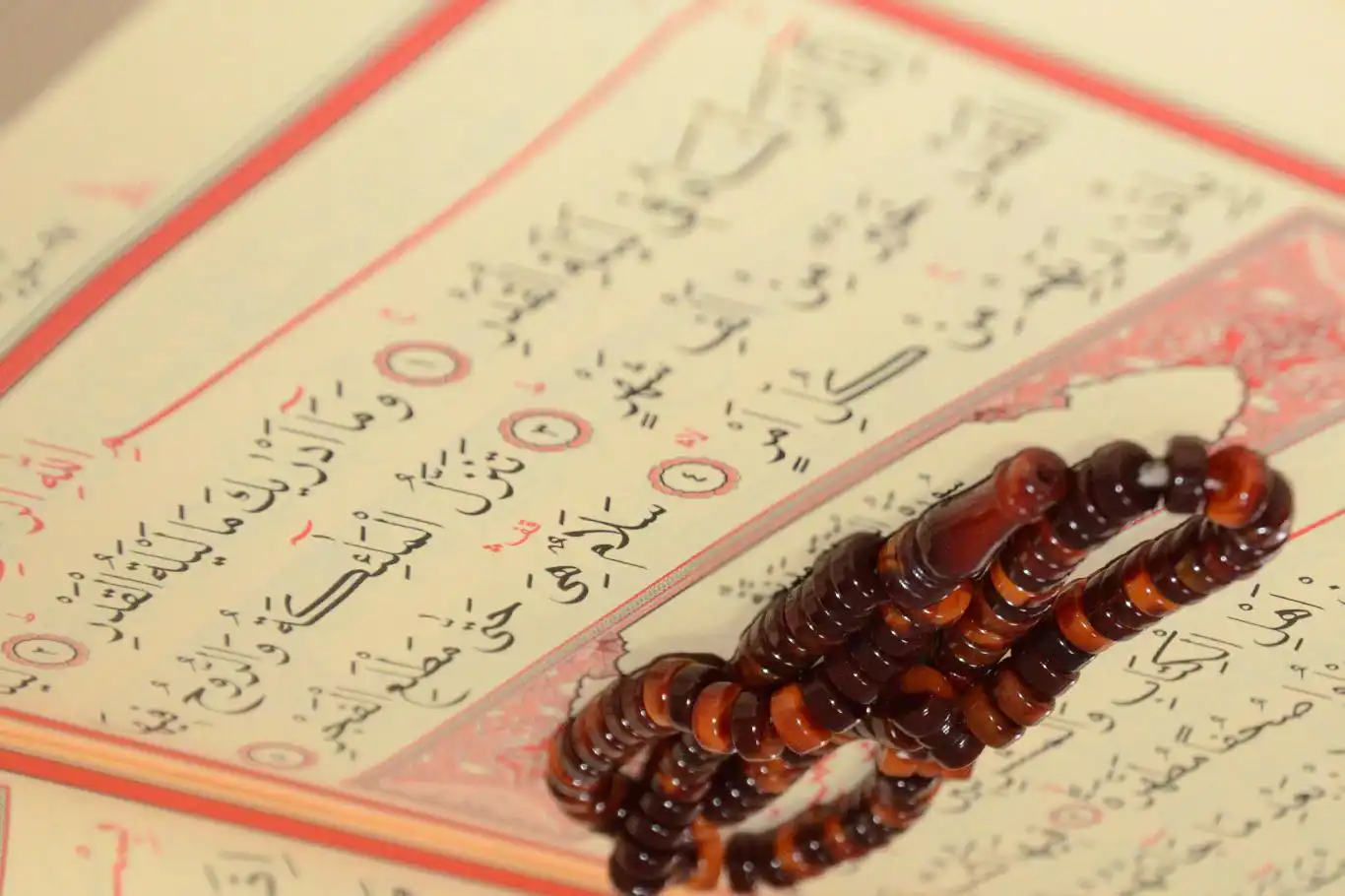Muslims worldwide prepare for Laylat al-Qadr as Ramadan nears its end


As the crescent moon of Ramadan fades and the celebration of Eid al-Fitr draws near, Muslims around the world are focusing on one of Islam’s holiest occasions: Laylat al-Qadr, the Night of Power or Night of Decree.
Revered for its spiritual depth, this night is believed to bring an abundance of divine blessings, mercy from Allah (God), and forgiveness of sins, marking it as a highlight of Ramadan’s final days.
Unlike fixed Islamic holidays such as Eid al-Fitr or Eid al-Adha, Laylat al-Qadr’s exact date remains a divine mystery. Traditionally observed on the 27th night of Ramadan, its timing varies with the sighting of the crescent moon, a practice differing across regions. This year, lunar projections suggest the 27th night will fall on Wednesday, March 26th. Yet, many Muslims heighten their devotion throughout the last ten days of Ramadan, seeking this sacred night within that period, a pursuit that deepens its spiritual resonance.
A Night of Divine Revelation
Laylat al-Qadr holds a unique place in Islamic faith. It commemorates the night over 1,400 years ago when the first verses of the Quran were revealed to Prophet Muhammad (peace be upon him) by the Angel Jibril (Gabriel) in a cave on Mount Hira. This event began the divine revelation that continues to guide Muslims worldwide. Described in the Quran as "better than a thousand months" (Surah Al-Qadr 97:3), worship on this night carries rewards equivalent to over 83 years of devotion, offering believers a rare chance for spiritual renewal.
Seeking the Night of Power
Prophet Muhammad (peace be upon him) advised Muslims to seek Laylat al-Qadr during the last ten nights of Ramadan, especially on odd-numbered nights: the 21st, 23rd, 25th, 27th, and 29th. While the 27th night—April 5th this year—is a focal point for many, its hidden timing inspires sustained worship across these final days. This spiritual quest encourages reflection, prayer, and a deeper connection to faith as Ramadan concludes.
Global Devotion in Action
From Jakarta to Istanbul, Lagos to London, mosques are alive with activity as Ramadan’s end approaches. Worshippers gather for Taraweeh prayers, recite the Quran, offer supplications (dua), and engage in dhikr (remembrance of Allah). Many mosques host lectures and events to inspire communities and reinforce the Quran’s teachings. Charity also surges, with believers giving generously, aware that even small acts could align with Laylat al-Qadr and yield immense rewards.
Itikaf: A Spiritual Retreat
For the deeply devout, Itikaf offers a profound way to honor these nights. This practice involves retreating to a mosque for Ramadan’s last ten days, focusing solely on worship, Quran study, and reflection. Rooted in the traditions of Prophet Muhammad (peace be upon him), Itikaf provides a break from worldly distractions, fostering personal transformation and a renewed sense of purpose among participants.
Mercy, Forgiveness, and Hope
Laylat al-Qadr is celebrated as a night of divine mercy. A cherished hadith teaches believers to pray: "Allahumma innaka 'afuwwun tuhibbul 'afwa fa'fu 'anni" ("O Allah, You are Forgiving and love to forgive, so forgive me"). For those seeking redemption or solace, the night promises hope—a time when prayers are answered, destinies shaped, and hearts uplifted.
A Lasting Spiritual Legacy
Though fleeting, Laylat al-Qadr’s impact endures. It inspires Muslims to carry Ramadan’s lessons—prayer, charity, and humility—into the year ahead, strengthening their bond with Allah. As Eid al-Fitr nears, this night stands as a beacon of faith, uniting believers in a shared pursuit of divine favor.
Across the globe, from quiet villages to bustling cities, Muslims are preparing for Laylat al-Qadr with reverence and anticipation. Whether through communal worship or private reflection, this sacred night offers a timeless opportunity for mercy, forgiveness, and closeness to the Divine—a gift that resonates long after Ramadan fades. (ILKHA)
LEGAL WARNING: All rights of the published news, photos and videos are reserved by İlke Haber Ajansı Basın Yayın San. Trade A.Ş. Under no circumstances can all or part of the news, photos and videos be used without a written contract or subscription.
One year has passed since Yahya Sinwar, the legendary leader of Hamas in the Gaza Strip, was martyred in a direct confrontation with Israeli forces in Rafah.
Two years have passed since the morning that forever altered the course of the Palestinian struggle — the dawn of October 7, 2023, when the besieged enclave of Gaza broke through its prison walls in a thunderous uprising now etched into history as Operation Al-Aqsa Flood.
Two years after October 7, 2023, the Gaza Strip stands as a scar on the conscience of humanity — a living graveyard of shattered lives, silenced voices, and enduring resistance.
Israeli regime has deployed its advanced "Barak MX" air defense system in southern Cyprus, establishing a powerful radar network capable of monitoring Turkish military and civilian movements along the nation's southern coastline.